Why School Pet Therapy Works
By
7 years ago
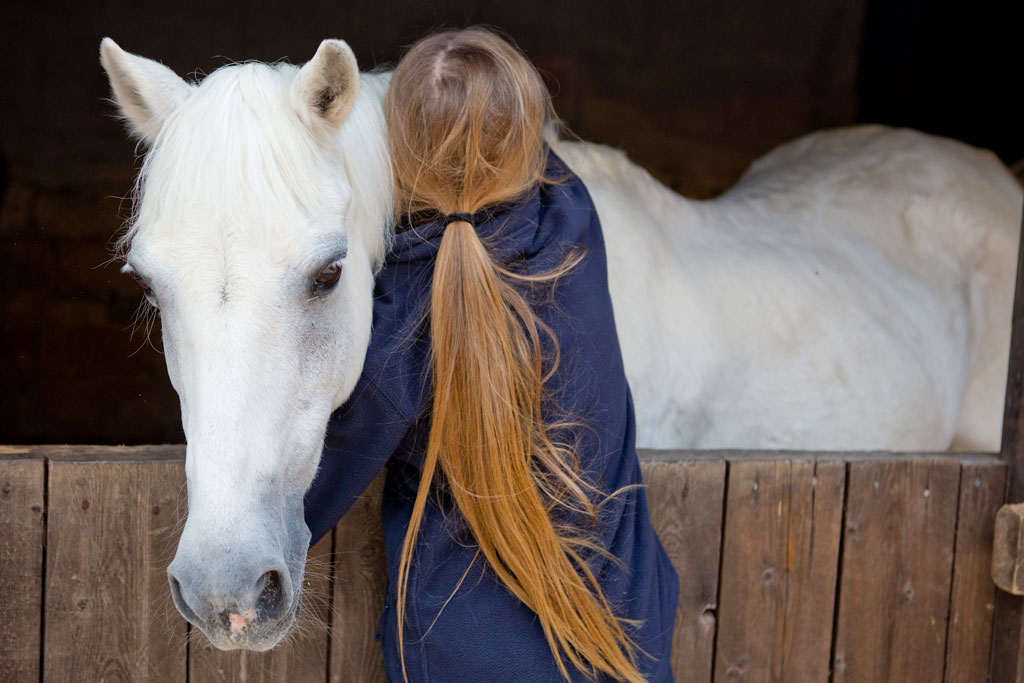
These independent schools know the true value of having a pet to care for, giving the pupils a deserved break from their studies.
In fact, recent research has proved that pets provide a powerful support network, particularly for those experiencing mental health problems. The University of Liverpool reviewed evidence from 17 international research English language papers, with a large majority of 15 reporting positive aspects of pet ownership.
Reoccurring reasons included the fact that caring for a pet alleviates worry, provides comfort and mitigates against feelings of isolation and loneliness. Homesickness at boarding, then, may be kept at bay with a session grooming the ponies at Hanford, for example.
Other than this emotional work, cute and characterful pets are a great physical distraction from negative thoughts and feelings. From birds to guinea pigs, the unpredictability of animals’ movements and behaviour provide never-ending stimulation for curious minds in need of a break from worrisome homework or friendship issues.
Pets also provide a good topic for discussion, and for anyone with social anxiety this is a welcome balm for frazzled nerves. Talking to the animals themselves is just as therapeutic in these situations. Ears pricked and snuffling away, animals have their own way of showing that they’re listening and unconditionally care about what you’re saying – or so we like to imagine.
As well as developing a sense of responsibility in children, looking after animals boosts self-worth, as they get to know their pet and enjoy nurturing them.
The study, as any comprehensive science project should, did raise some negative aspects of living alongside a furry friend, these being the financial costs, the guilt people felt for not being able to manage them successfully and the animals being barriers to travel. Of course school pets come with none of these down sides for the children – giving them all the good bits, with only a bit of poo picking or dog walking to go with it.
The Ponies at Hanford School, Dorset
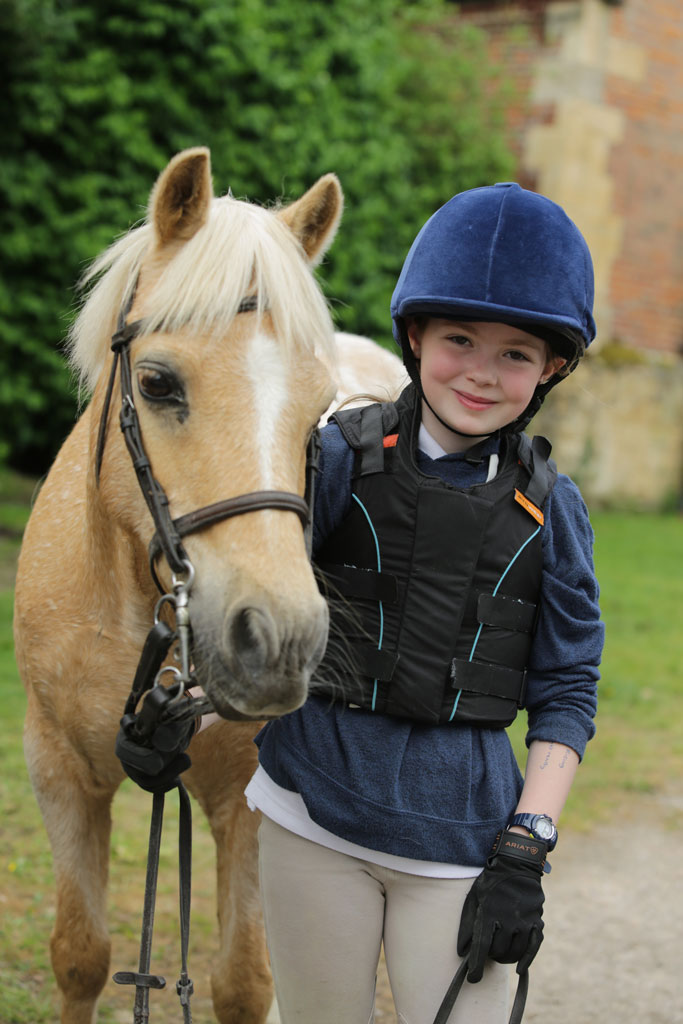
Hanford is quite rightly famous for its stables, where girls flock during break, at the weekend, after school and even before school to spend time with its 16 residents. Every spare minute is spent muting out the stables, lounging in the hay and styling the ponies’ tails to match theirs. Whether it means threading their locks with daisies or giving them cuddles, the girls and ponies feel 100 per cent at home together. And there’s nothing more feel-good than braiding – especially when the model can’t interfere with your creative vision.
Hanford School also welcomes an eclectic mix of staff dogs – Dachshunds, Spaniels, Labs and Lurchers – all of which are always on the look out for willing dog walkers. The sense of selflessness encouraged by looking after animals is something Hanford deeply believe in. It is also an important area of common ground for pupils trying to find their feet and form their identity, as the shared interest in ponies, chickens and dogs can help bring together even the most unlikely of friendships. Plus, nothing beats a gallop through the fields for blowing away the cobwebs of a stressful school week.
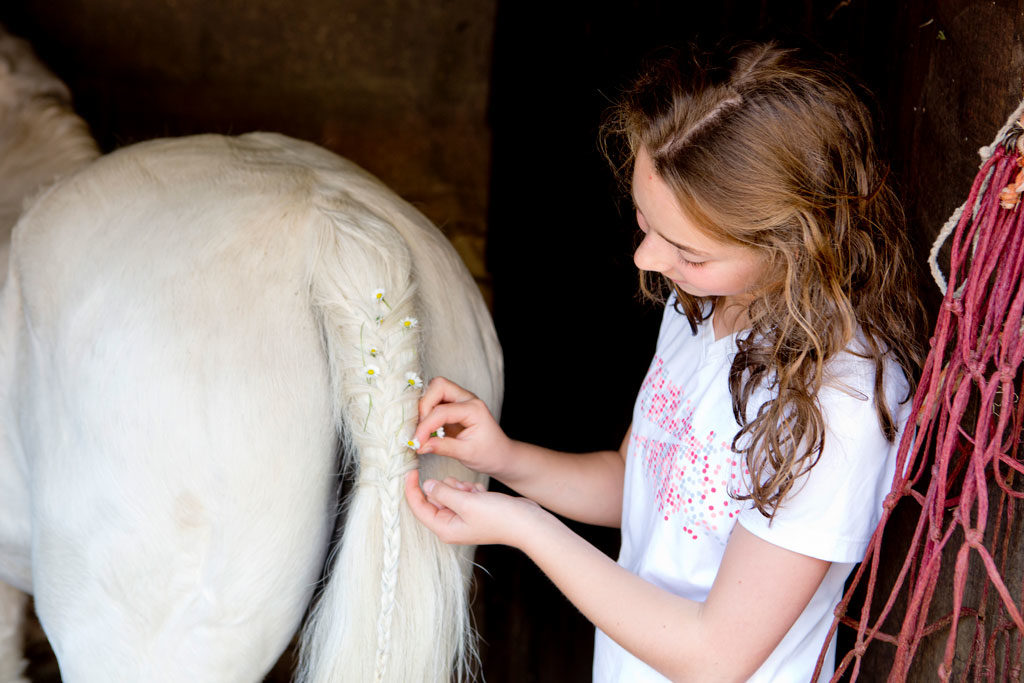
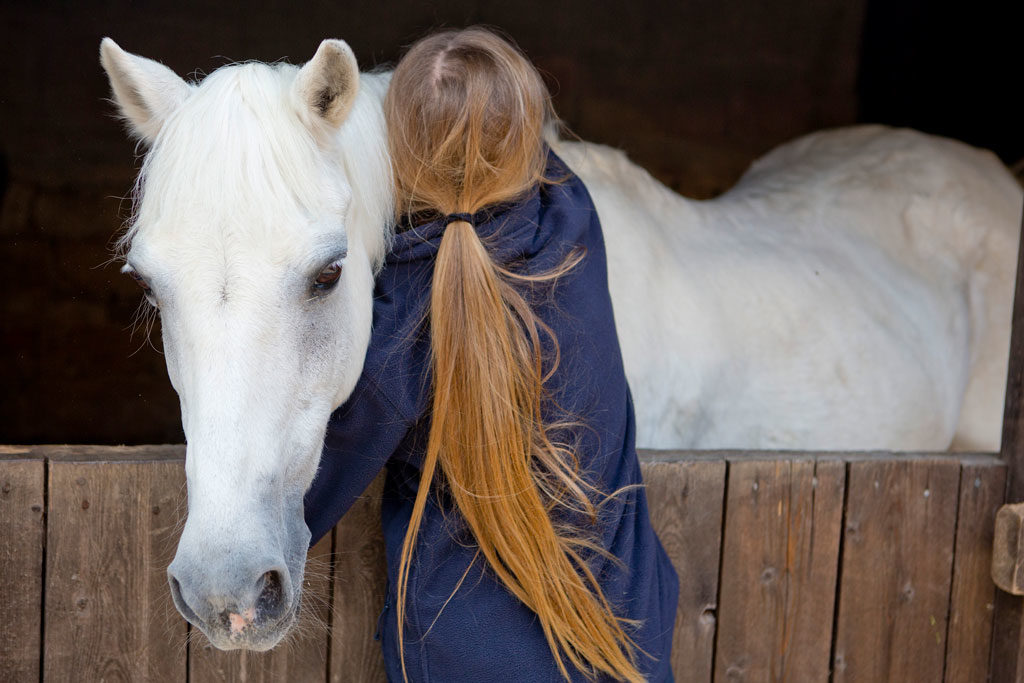
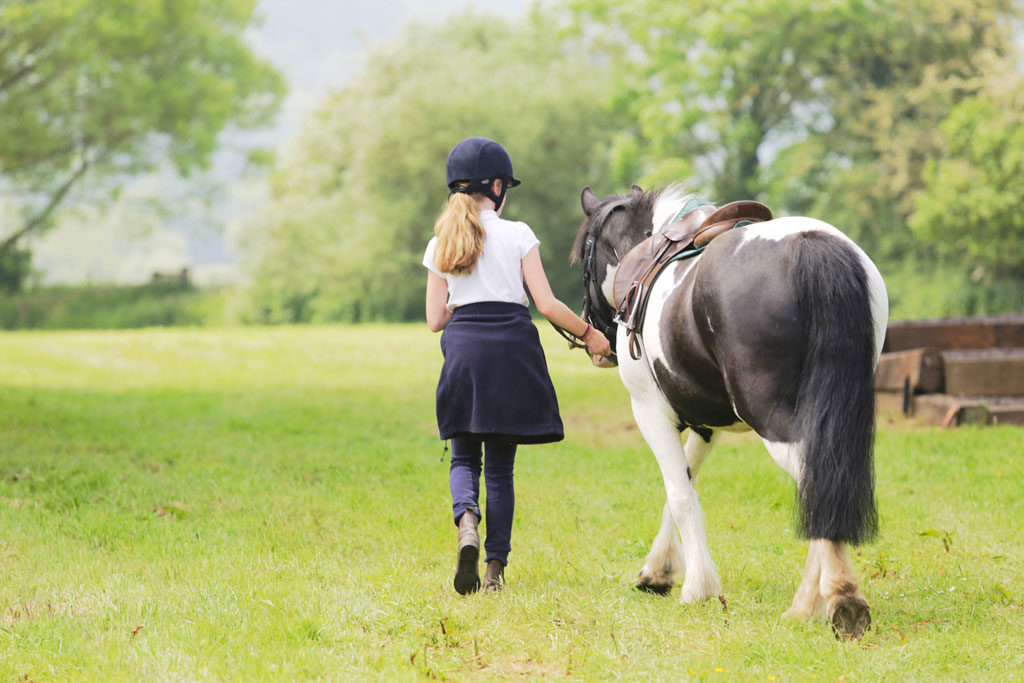
Selkie the Dog at Bickley Park School, Bromley
Four and a half years old and originally the head teacher’s pet (literally), Selkie the Labrador has become an honorary member of the teaching staff at Bickley Park School and is now helping those who suffer with cynophobia (the fear of dogs), as well as acting as a talking therapy provider for those who need extra support in difficult times.
One student, Alex, has already benefitted from Selkie’s talents. It became apparent that Alex needed help when he came to the school to sit an assessment and first met Selkie. His phobia was at its peak, but after a course over the Summer, come September, Alex was able to stroke Selkie.
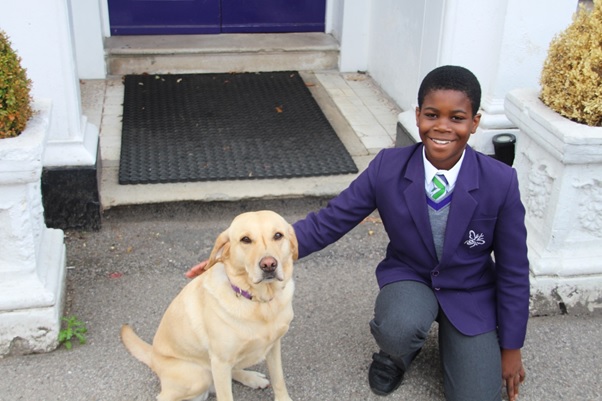
Charlie, who is in year eight, sadly lost his mum last year. In the week after she passed away, Charlie arrived early at school and the first ‘person’ he would meet was Selkie. He found her very calming and enjoyed how she treated him like a special friend. When Charlie feels down Selkie’s always waiting in the office for him. Charlie said: ‘Selkie automatically knows she’s going to get a tummy scratch from me’, and the pair have formed a very close bond.
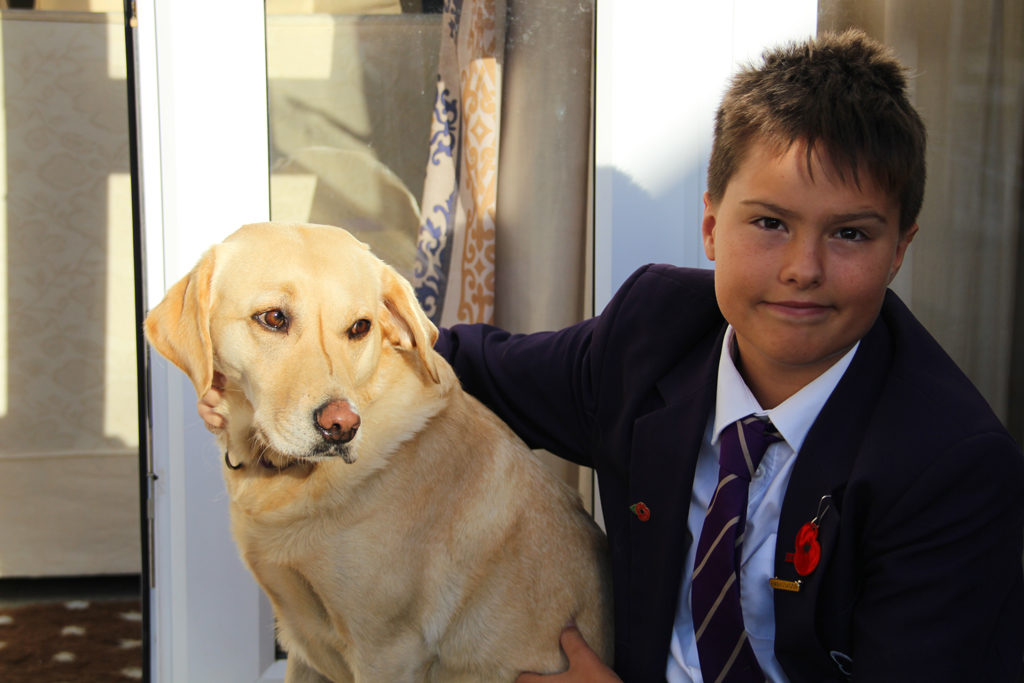
Dogs are often referred to as man’s best friend but for those who have a genuine fear of encountering them, life can be very difficult. Selkie has always been heavily involved in the school community, and having her present is proving invaluable for those that just need to trust someone who won’t pass judgement. Research has shown that stroking animals has a positive effect on mood, and can help relax and soothe people. Selkie is a very calm, good-natured dog who is happy to take the role of pupil therapist. She is looking forward to helping more children in any way she can.
Patrick Wenham, head teacher at Bickley Park School
The Guinea Pigs at Downsend Pre-Prep, Epsom
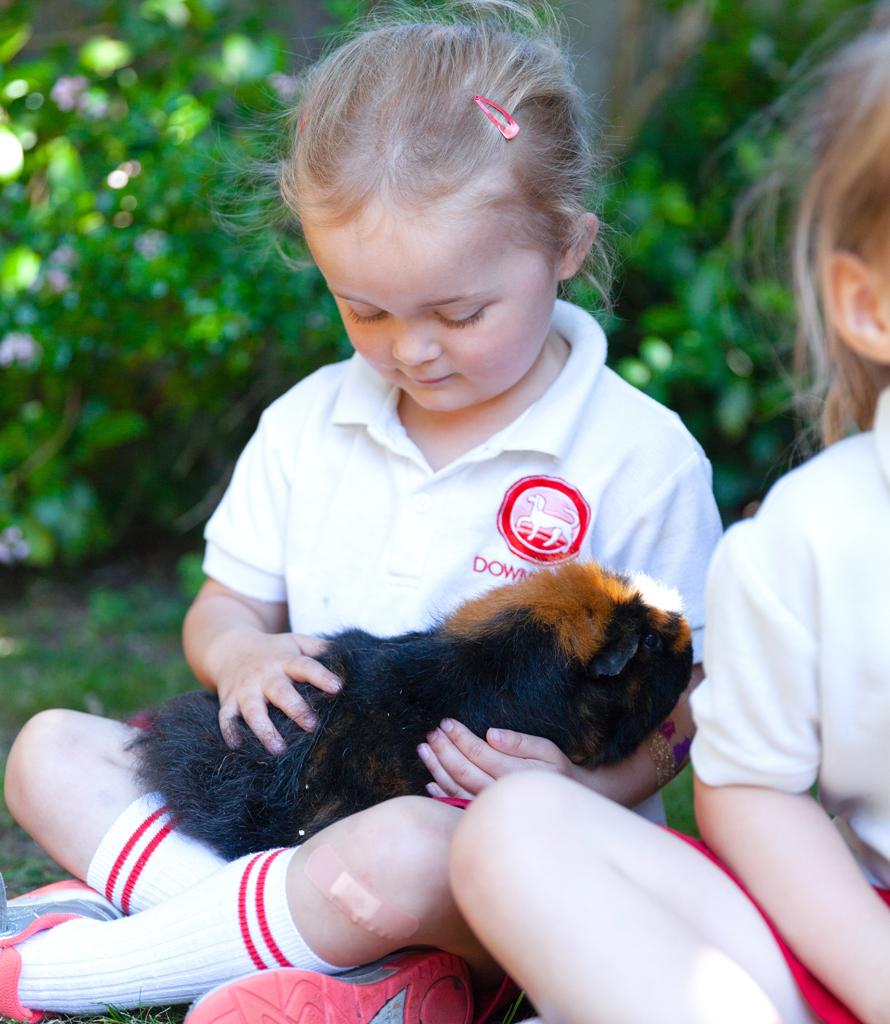
The combination of small children and small animals may alarm some parents – hamsters have a habit of biting if manhandled and cats and rabbits could get their claws out. But Downsend Pre-Prep finds that their pupils gain a lot from having numerous pets hanging around. At their school in Epsom, cuddling a chicken, two guinea pigs or a tortoise helps to reduce pupils’ stress or anxiety. The school also believes that children who spend time with school pets also display improved impulse control, social skills and self-esteem. At Downsend Pre-Prep in Leatherhead, the classes regularly enjoy the company of two fluffy bunnies called Igloo and Waffle, and four fish, one for each year group, called Bubble, Dory, Nemo and Bob. They also have a Gecko called Billie. Feeding and caring for such a variety of animals is a fun way to build childhood responsibility.
The Zoo at Bede’s School
A unique but worthwhile venture to house a working zoo at Bede’s School, Sussex was celebrated in September 2018 with the extension of its bespoke Animal Management Unit.
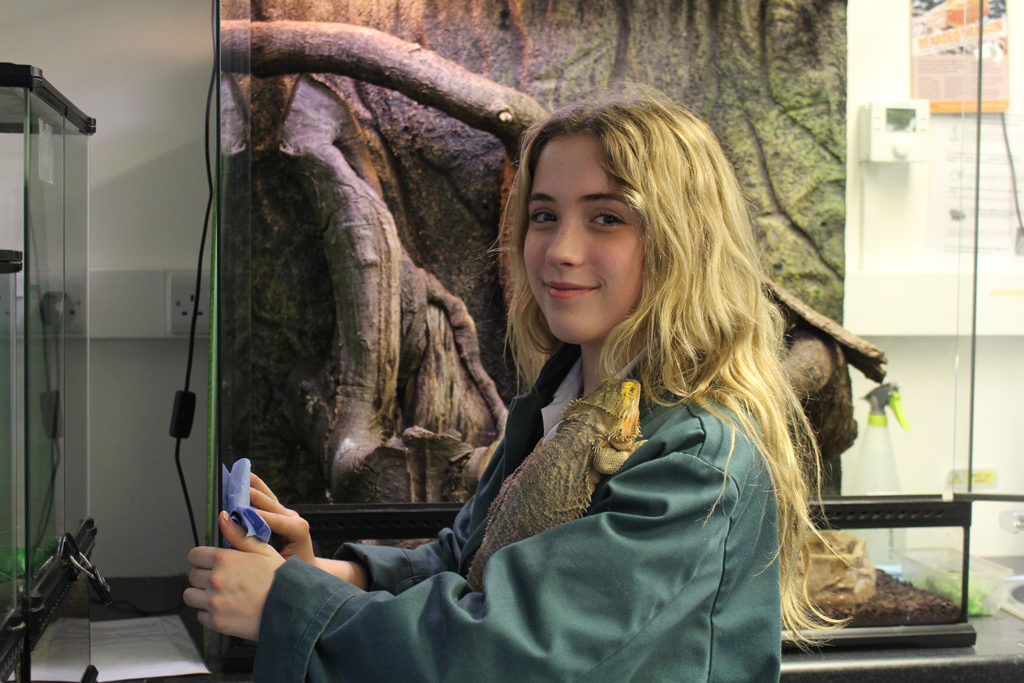
Bede’s Zoo now has six brand-new enclosures, housing African birds, Madagascan lemurs, and South American squirrel monkeys. The zoo – which originally opened in 2011 – currently hosts over 70 species of mammals, birds, amphibians, reptiles, fish and invertebrates.
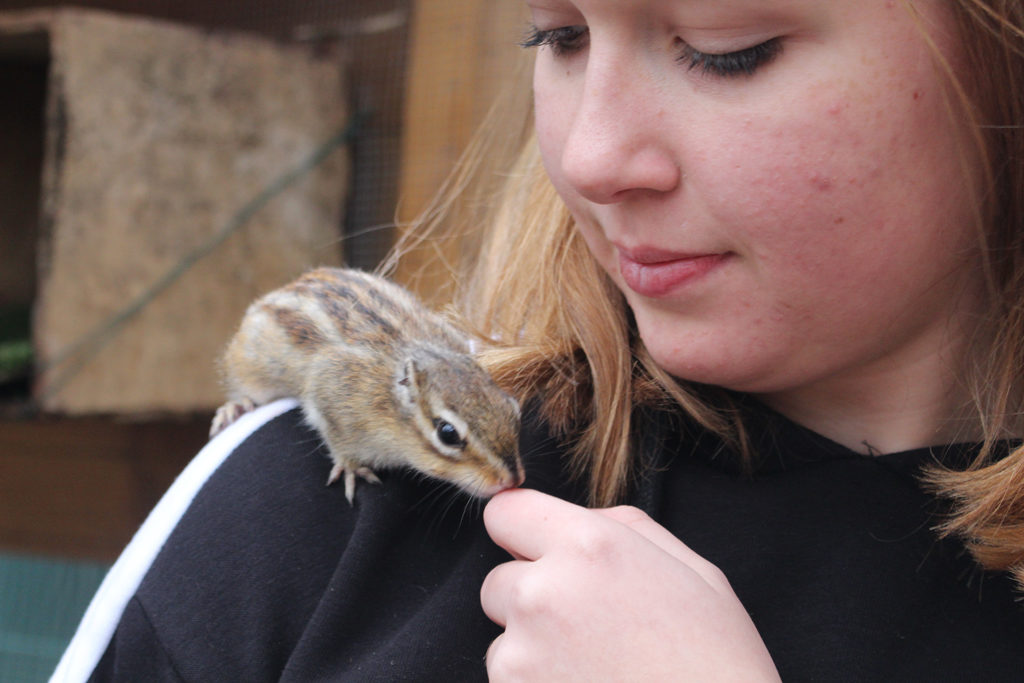
Academically, it forms the cornerstone of the Sixth Form BTEC Animal Management course, as well as one of the School’s most popular activities, the Zoological Society. Since Bede’s started offering the course in 2013, nearly 40 pupils have completed the BTEC qualification, with those who have undertaken the course moving on to study veterinary medicine, veterinary nursing, zoology and conservation.
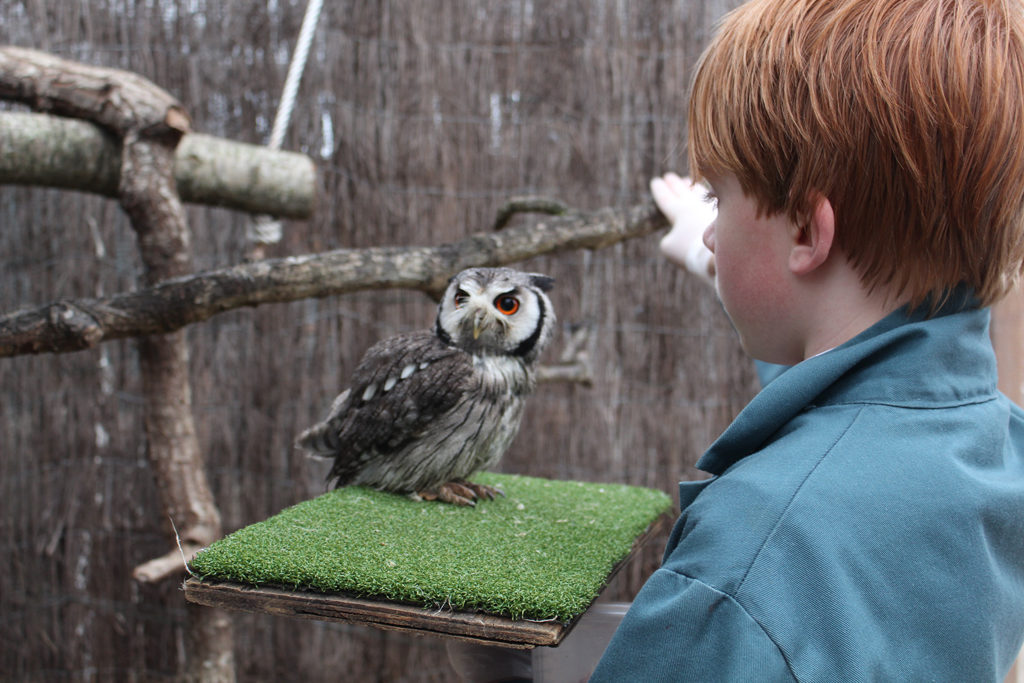
As well as this, the opportunities it affords the Senior and Prep schools in terms of mental wellbeing are innumerable.
In this increasingly digital age, there is a lot to be said for the benefits of spending time with a Ring-tailed lemur or a Kinkajou.
John Tuson, Academic Deputy Head at Bede’s Senior School
The school ensure that their zoo is also enjoyed by other local schools and disadvantaged children, spread the exotic love as far as possible.
The Tortoises at King’s Hall School, Taunton
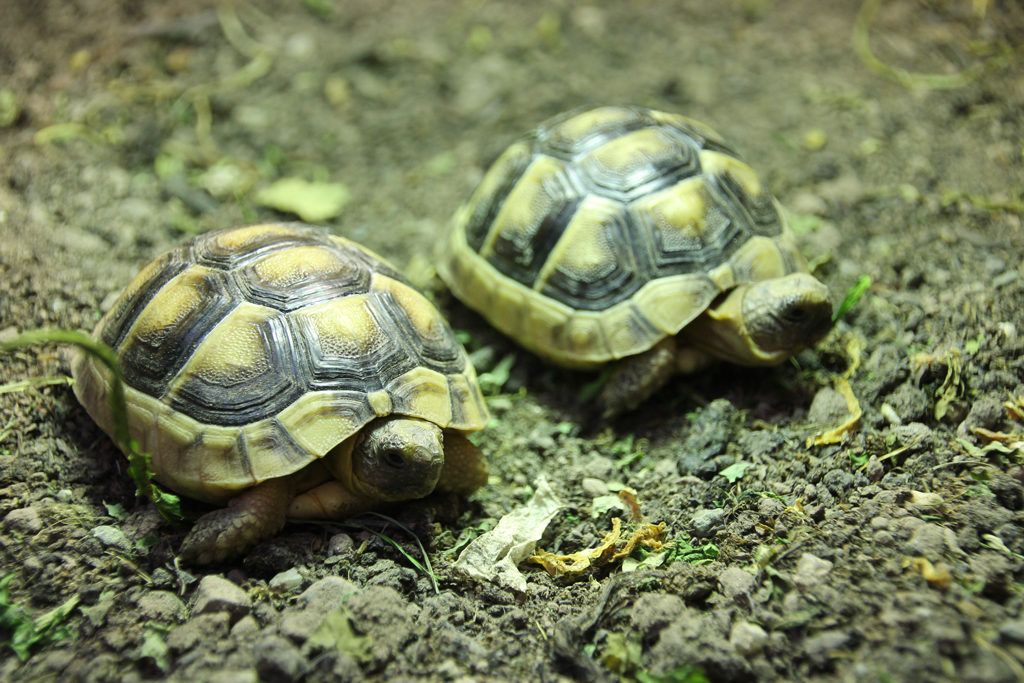
The tortoises at King’s Hall School, Taunton hatched in August 2018 and are named Turbo (the small, speedy one) and Everest (the larger baby who loves to climb). They live in a grand enclosure in the Science department, which has a cosy hut, a paddling pool and heat lamp. This was made by a year eight pupil who is very keen on Design Technology.
The King’s Hall Tortoise Society are responsible for bathing them (they love a warm bath!), weighing them and checking they are warm enough – they need to be kept warm by their heat lamp which also provides UV light for them. This gives the children a special sense of responsible and demonstrates that other living things need to have the utmost care and attention.
As part of this, their weight and length are checked weekly and recorded on a chart. The pupils have then been able to calculate their percentage increase to check that they are healthy.
The pupils have also learnt that the tortoises are quite particular about the food they like – the society now know that they love lambs lettuce, dandelion leaves and sow thistle. They are fed a couple of times a day. They like it to be sprayed with water and sprinkled with calcium powder. They also have a cuttlefish to chew on!
The school are dedicated animal lovers and also have a Cockapoo called Snoops who even has his own Instagram account.
READ MORE: Mental Health in Schools: Building Strength of Character | Why Wear Yellow for Mental Health Day



